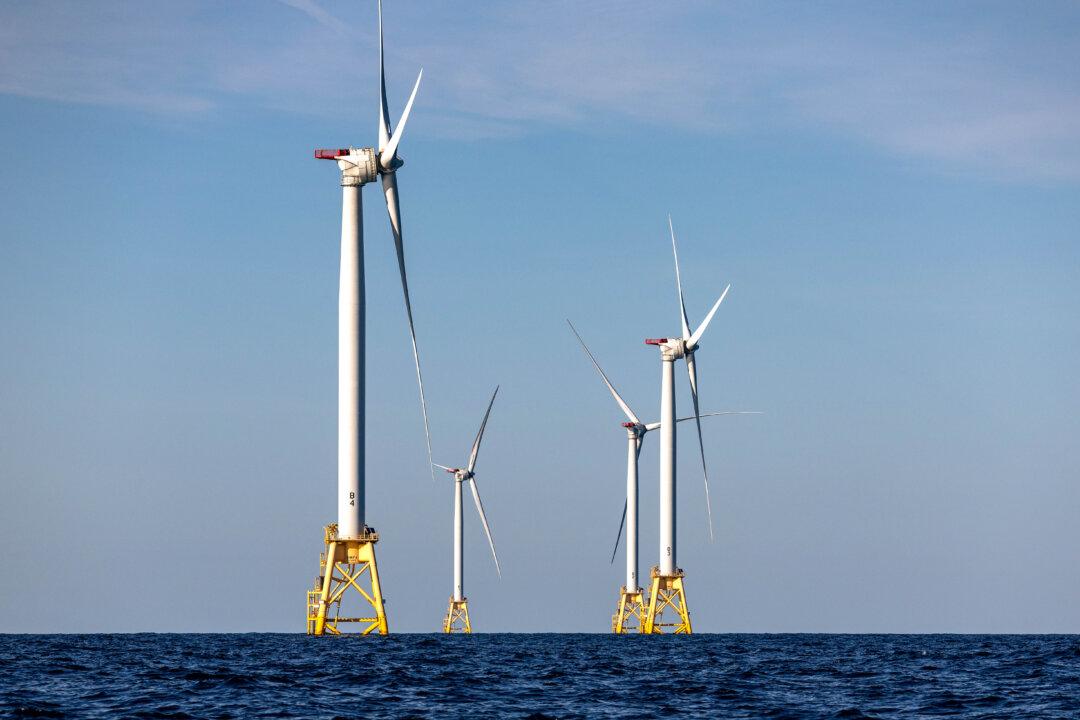A government watchdog organization has obtained internal documents showing that the Biden administration waived the development fees for a wind energy company a week before the company’s attorney took a job with the Department of the Interior (DOI).
According to a June 2021 letter recently obtained by Protect the Public’s Trust (PPT) and first reported by Fox News Digital, Vineyard Wind requested and was granted a payment deferment for “the full amount of its decommissioning financial assurance until year 15 of actual operations under its 20-year Power Purchase Agreements.”





